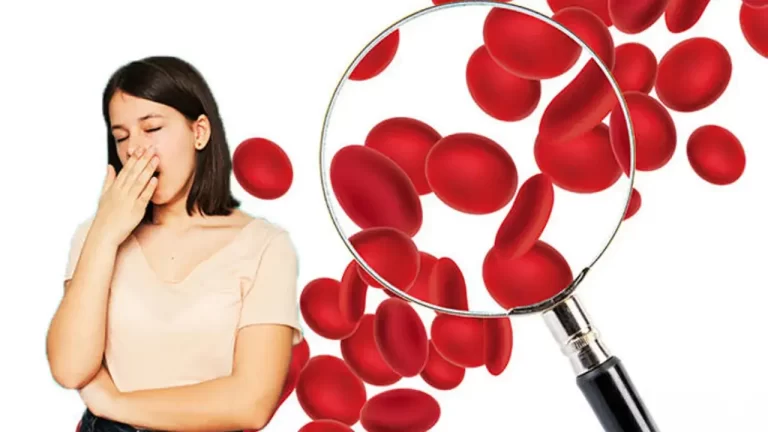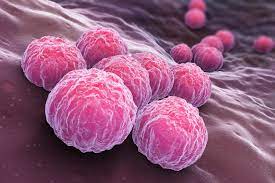Can Virgins Get Cervical Cancer?
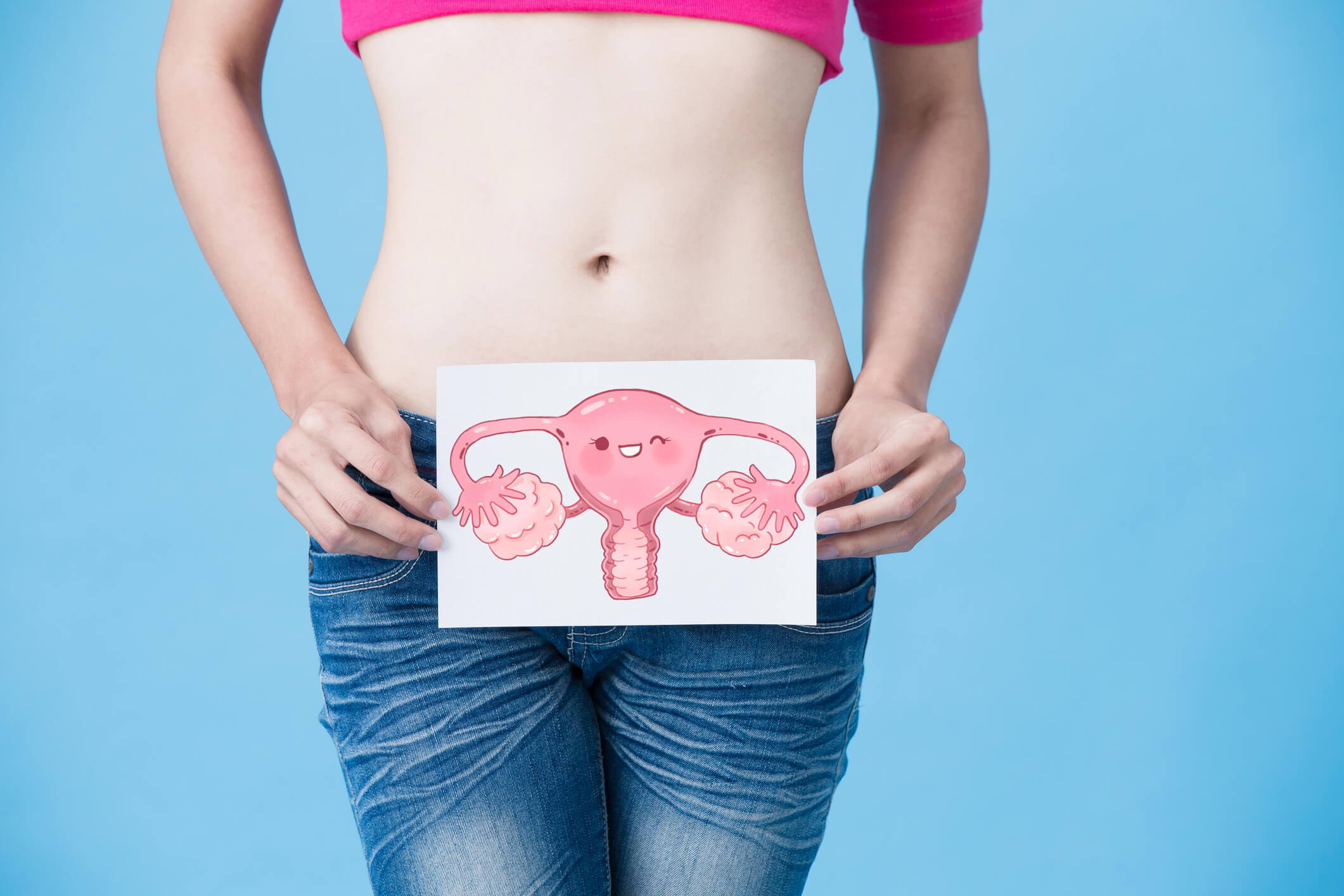
Can Virgins Get Cervical Cancer? Cervical cancer is a type of cancer that affects the cervix, the lower part of the uterus that connects to the vagina. It is caused by the human papillomavirus (HPV), a sexually transmitted infection (STI). Many people wonder if virgins, or individuals who have not had sexual intercourse, can still get cervical cancer.

Transmission of HPV
While sexual intercourse is the most common way to contract HPV, it is not the only way. HPV can also be transmitted through skin-to-skin contact, including touching or rubbing the genitals. This means that even if a person has not had sexual intercourse, they may still be at risk for contracting HPV and developing cervical cancer.
Symptoms of Cervical Cancer
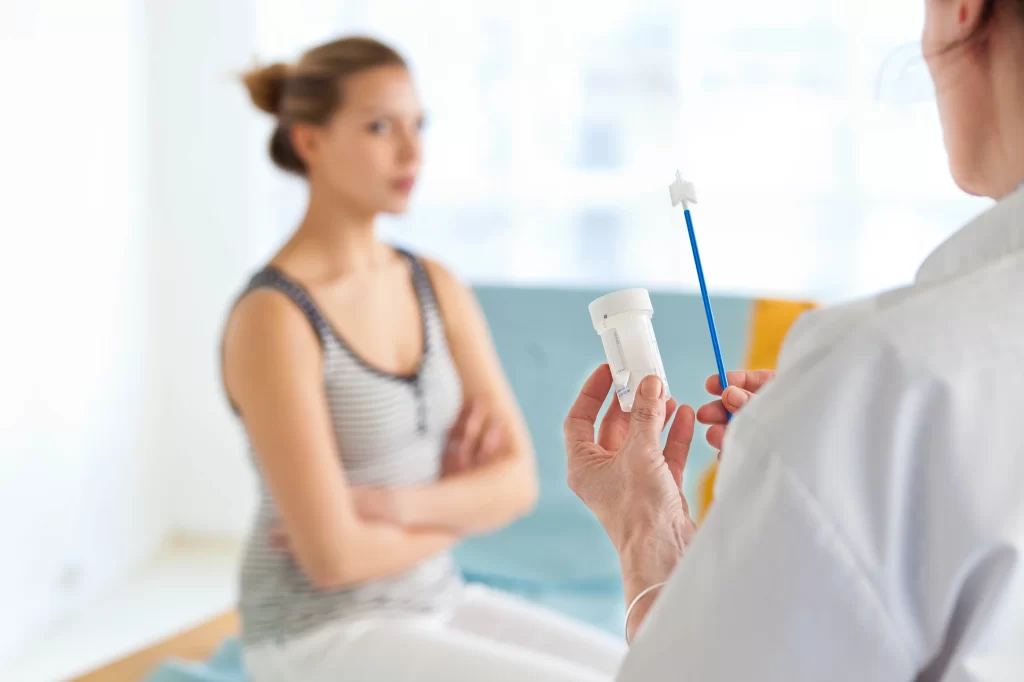
Symptoms of cervical cancer may include:
- Vaginal bleeding or discharge that is not normal
- Pain during intercourse
- Pelvic pain
- Lumps in the cervix or vagina
- Screening and Prevention
It’s important for all women, including virgins, to undergo regular cervical cancer screenings, such as a Pap test or HPV test. These tests can detect abnormal cells in the cervix before they turn into cancer.
Prevention is key to reducing the risk of cervical cancer. The HPV vaccine can protect against the types of HPV that most commonly cause cervical cancer. The vaccine is recommended for girls and boys starting at age 11 or 12, and it’s most effective when given before an individual becomes sexually active.
Can Virgins Get Cervical Cancer? Risk Factors for Cervical Cancer in Virgins
While anyone can develop cervical cancer, certain factors may increase the risk. These include:
- A weakened immune system: People with HIV or other conditions that weaken the immune system may be more susceptible to HPV and cervical cancer.
- Smoking: Smoking can damage the DNA of cervical cells and increase the risk of cervical cancer.
- Diet and exercise: A diet low in fruits and vegetables and a lack of physical activity have been linked to cervical cancer.
Importance of Regular Screenings
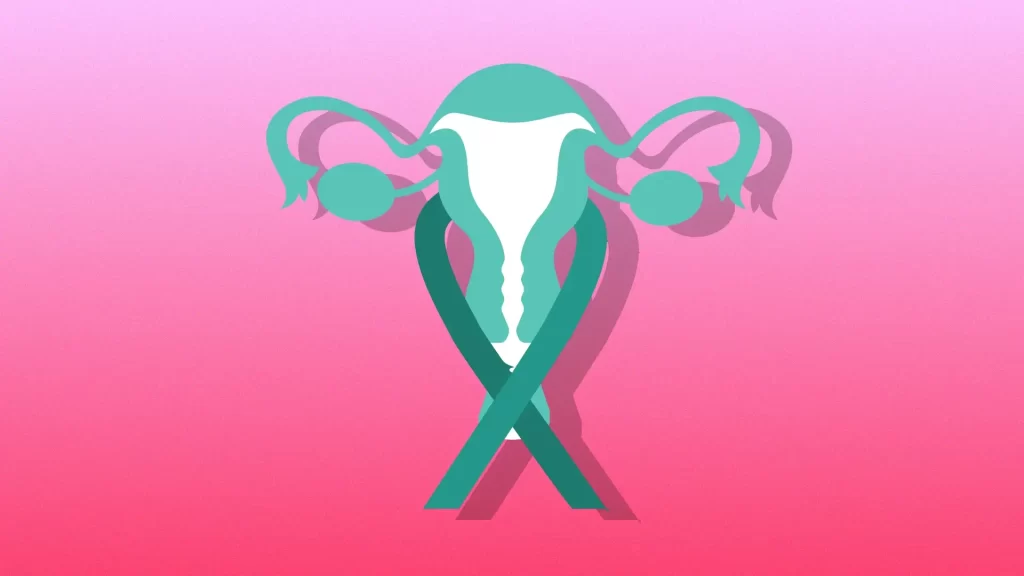
Regular cervical cancer screenings are important for early detection and prevention. The Pap test, also known as a Pap smear, is a screening test that can detect abnormal cells in the cervix before they turn into cancer. The HPV test can also be used to detect the presence of the HPV virus, which is the cause of most cervical cancers.
The American College of Obstetricians and Gynecologists recommends that women should start getting Pap tests at age 21, and continue to get them every three years until age 29. If you are between the ages of 30 and 65, you can get both a Pap test and an HPV test together every five years.
Conclusion
In conclusion, while cervical cancer is most commonly associated with sexual activity, it is possible for virgins to develop the disease. Regular screenings and vaccination can help prevent and detect cervical cancer in all individuals, regardless of sexual history. It is important for all women to be aware of the risks and take steps to protect themselves against cervical cancer, regardless of their sexual history.
Can virgins get cervical cancer?
Yes, it is possible for virgins to develop cervical cancer. While sexual intercourse is the most common way to contract HPV, the virus that causes cervical cancer.
How is cervical cancer transmitted?
Cervical cancer is caused by the human papillomavirus (HPV), a sexually transmitted infection (STI).
What are the symptoms of cervical cancer?
Symptoms of cervical cancer may include vaginal bleeding or discharge that is not normal, pain during intercourse, pelvic pain, and lumps in the cervix or vagina.
How can I prevent cervical cancer?
Regular cervical cancer screenings, such as a Pap test or HPV test, can detect abnormal cells in the cervix before they turn into cancer.
When should I start getting cervical cancer screenings?
The American College of Obstetricians and Gynecologists recommends that women should start getting Pap tests at age 21, and continue to get them every three years until age 29. If you are between the ages of 30 and 65, you can get both a Pap test and an HPV test together every five years.
Are there any risk factors for cervical cancer in virgins?
While anyone can develop cervical cancer, certain factors may increase the risk. These include a weakened immune system, smoking, and a diet low in fruits and vegetables and lack of physical activity.




